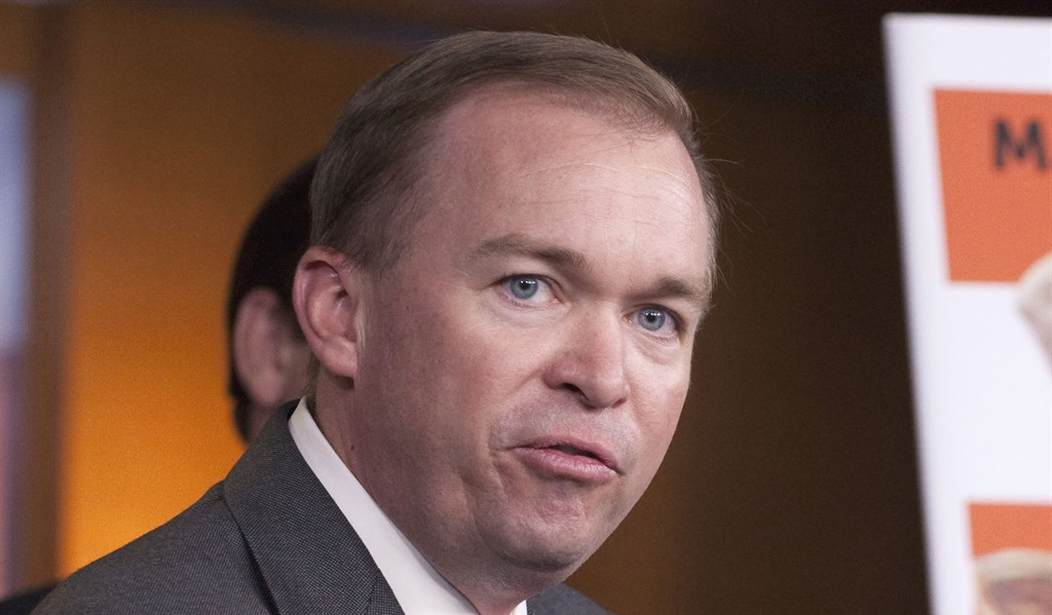In his 1986 memoirs, "The Triumph of Politics," David Stockman wrote: "The politicians were wrecking American capitalism. They were turning democratic government into a lavish giveaway auction. They were saddling workers and entrepreneurs with punitive taxation and demoralizing and wasteful regulation." For the four years he served as President Ronald Reagan's budget director, Stockman fought for his vision of sustained economic growth and social progress through sound money, lower tax rates and curtailment of federal spending, welfare and subsidies to private interests.
Unfortunately, he lost his dream of a true Reagan revolution because many congressional politicians refused to implement the big spending cuts that had to be matched with the big tax cuts. And as he soon figured out, "the Democrats were getting so much Republican help in their efforts to keep the pork barrel flowing and the welfare state intact." All the Republican Party was willing to fight for, it seems, was more defense spending and lower taxes, even if the numbers didn't add up in the end.
Little has changed today. Yet there is some reason for optimism, as President-elect Donald Trump has just nominated a lawmaker who seems to want to pick up the work just where Stockman left it 30 years ago at the Office of Management and Budget. That guy is Rep. Mick Mulvaney, a South Carolina Republican and a founding member of the House Freedom Caucus.
Like Stockman, Mulvaney is an outspoken fiscal hawk who isn't afraid to fight against the establishment and for spending cuts. Better yet, like Stockman, he isn't afraid to go after the Republican sacred cow -- defense spending. That point is significant in a party whose lawmakers tend to favor military budget increases and oppose reductions no matter how unrealistic the proposals are.
Mulvaney has also shown that he isn't scared to work with Democrats when he has to. For instance, he has a history of teaming up with Rep. Chris Van Hollen, D-Md., to go after the beloved Republican practice of keeping war funding (money in the Overseas Contingency Operations account, or OCO) separate from the regular defense budget. As he has pointed out repeatedly, this is nothing more than a budget gimmick to avoid spending caps on military spending.
Recommended
Having fewer budget constraints means there's a readily available slush fund for Congress. As the nonpartisan nonprofit Taxpayers for Common Sense documented, "stuffing OCO full of the projects in Bahrain, Djibouti, Italy, Oman, Poland and Niger as a way to avoid those caps demonstrates a blatant disregard for fiscal responsibility and an unwillingness to make the hard choices necessary to prioritize investments." No kidding.
Mulvaney has also proved to be a great ally in the fight against cronyism. In fact, he fought vigorously against the Export-Import Bank of the United States, an outfit that extends taxpayer-backed loans to mostly large or state-owned foreign companies to buy goods from large, politically well-connected American companies.
He deserves particular credit because the bank's main beneficiary, Boeing, actually operates in his district. Stockman, too, was a fervent advocate of shutting down the Ex-Im Bank. He wrote: "Export subsidies are a mercantilist illusion. ... I had long insisted, to any liberal who would listen, that the supply-side revolution would be different from the corrupted opportunism of the organized business groups; that it would go after weak claims like Boeing's, not just weak clients such as food stamp recipients." It seems to me that's what Mulvaney has been trying to do.
There is more to say, of course. But I will conclude by admitting that even though I welcome Mulvaney's nomination wholeheartedly, I also accept the possibility that I will, one day, buy another book by a former budget director about how the pro-spenders and special interests continued to carry the day in Washington.

























Join the conversation as a VIP Member